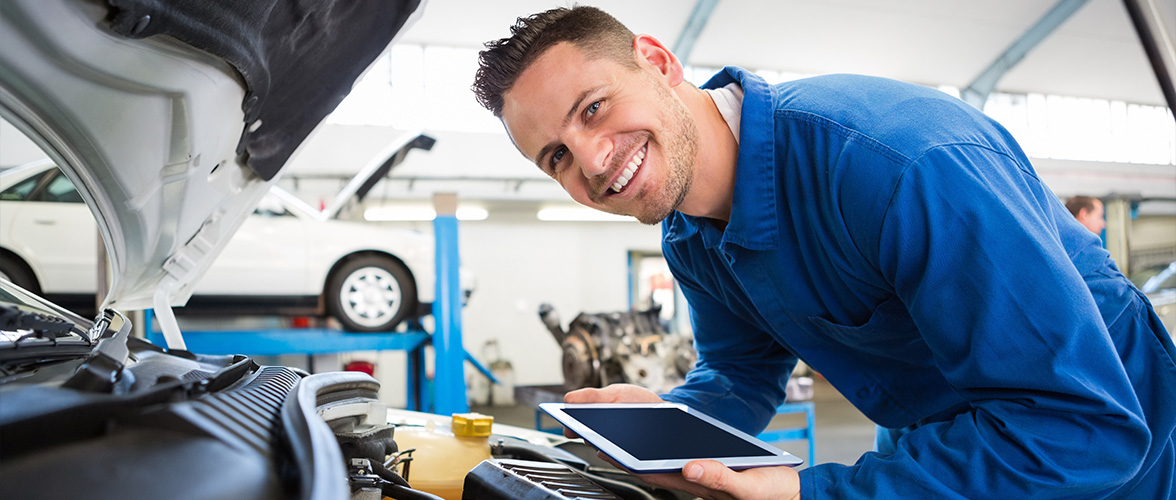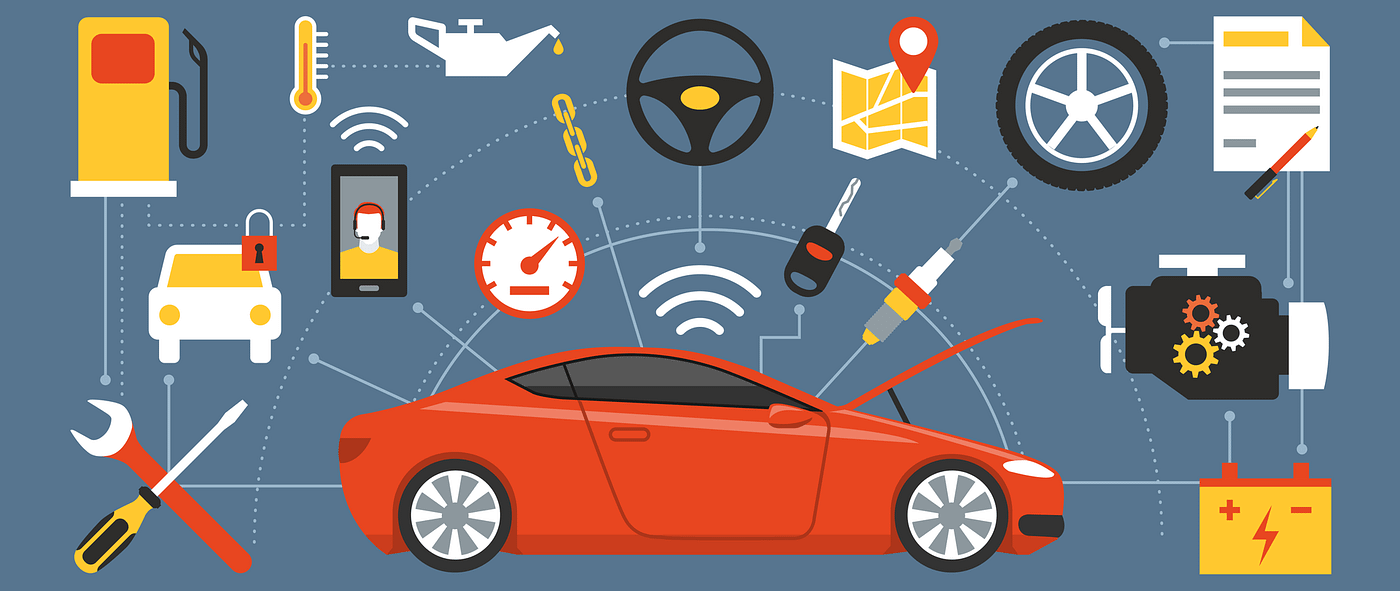All Categories
Featured
Your car's engine is a complicated piece of equipment that requires regular like work properly. Disregarding its upkeep can cause serious concerns and costly repairs. By taking preventive steps, you can maintain your engine running smoothly and stay clear of considerable prices. Below are some important pointers to protect your engine and prolong its life-span.
Engine oil lubricates inner components, minimizing rubbing and wear. Adjustment the oil and oil filter as advised by your automobile's supplier-- usually every 5,000 to 7,500 miles for modern-day vehicles. Making use of the ideal sort of oil is similarly important; consult your proprietor's handbook to make sure compatibility with your engine.
The engine's air conditioning system stops getting too hot, which can trigger severe damages. Check coolant degrees frequently and re-fill as essential. In addition, follow the supplier's standards for flushing and changing coolant to maintain the system functioning effectively.
![]()
Engines require a stable circulation of tidy air for burning. A blocked air filter can reduce gas efficiency and performance. When it appears unclean or after getting to the gas mileage defined in your automobile's upkeep routine., examine the air filter periodically and replace it.
Unusual noises, decreased efficiency, or control panel caution lights often signify underlying engine concerns. Address these indication quickly by speaking with a qualified technician to diagnose and solve problems prior to they rise.
Fuel high quality directly impacts engine health and wellness. Use gas with the appropriate octane score for your automobile to prevent knocking and deposits in the burning chamber. Periodically, adding a gas injector cleanser can also aid preserve a clean gas system.
Ignition system are vital for igniting the air-fuel combination in the engine. Damaged ignition system can lead to misfires, bad fuel economic climate, and increased discharges. Follow your car's upkeep routine to change them at the suggested intervals.
![]()
Hostile driving, such as rapid acceleration and tough stopping, areas additional stress on your engine. Preserve steady rates and practice smooth driving behaviors to decrease unnecessary damage.
![]()
Broken or used tubes and belts can result in getting too hot or other engine failures. Examine these parts regularly and change them if you see any kind of indicators of wear, such as fraying or cracks.
Dirt and particles can hurt engine elements gradually. Make sure all seals are intact and that the air intake system is cost-free from obstructions. Routine checks can protect against pollutants from triggering damage.
Even if your cars and truck appears to be running well, regular examinations by a trusted technician can reveal concealed concerns. An expert can determine wear-and-tear problems early, conserving you from expensive repair services down the line.
By adhering to these precautionary measures, you can stay clear of the stress and expense of major engine fixings. Regular focus and treatment not only keep your car reputable yet likewise boost its resale worth and overall performance.
- Keep the Oil System
Engine oil lubricates inner components, minimizing rubbing and wear. Adjustment the oil and oil filter as advised by your automobile's supplier-- usually every 5,000 to 7,500 miles for modern-day vehicles. Making use of the ideal sort of oil is similarly important; consult your proprietor's handbook to make sure compatibility with your engine.
- Re-fill and check Coolant On a regular basis
The engine's air conditioning system stops getting too hot, which can trigger severe damages. Check coolant degrees frequently and re-fill as essential. In addition, follow the supplier's standards for flushing and changing coolant to maintain the system functioning effectively.

- Screen Air Filters
Engines require a stable circulation of tidy air for burning. A blocked air filter can reduce gas efficiency and performance. When it appears unclean or after getting to the gas mileage defined in your automobile's upkeep routine., examine the air filter periodically and replace it.
- Look Out to Warning Indicators
Unusual noises, decreased efficiency, or control panel caution lights often signify underlying engine concerns. Address these indication quickly by speaking with a qualified technician to diagnose and solve problems prior to they rise.
- Use High-Quality Fuel
Fuel high quality directly impacts engine health and wellness. Use gas with the appropriate octane score for your automobile to prevent knocking and deposits in the burning chamber. Periodically, adding a gas injector cleanser can also aid preserve a clean gas system.
- Replace Flicker Plugs on Time
Ignition system are vital for igniting the air-fuel combination in the engine. Damaged ignition system can lead to misfires, bad fuel economic climate, and increased discharges. Follow your car's upkeep routine to change them at the suggested intervals.
- Avoid Harsh Driving Behaviors

Hostile driving, such as rapid acceleration and tough stopping, areas additional stress on your engine. Preserve steady rates and practice smooth driving behaviors to decrease unnecessary damage.
- Examine Belts and Hoses

Broken or used tubes and belts can result in getting too hot or other engine failures. Examine these parts regularly and change them if you see any kind of indicators of wear, such as fraying or cracks.
- Avoid Impurities from Entering the Engine
Dirt and particles can hurt engine elements gradually. Make sure all seals are intact and that the air intake system is cost-free from obstructions. Routine checks can protect against pollutants from triggering damage.
- Arrange Routine Evaluations
Even if your cars and truck appears to be running well, regular examinations by a trusted technician can reveal concealed concerns. An expert can determine wear-and-tear problems early, conserving you from expensive repair services down the line.
By adhering to these precautionary measures, you can stay clear of the stress and expense of major engine fixings. Regular focus and treatment not only keep your car reputable yet likewise boost its resale worth and overall performance.
Latest Posts
Take Advantage of Exclusive Auto Repair Offers in Chicago at Montclare Auto Repair
Published May 31, 25
1 min read
Uncover Auto Services & More: Comprehensive Auto Care Solutions from Montclare Auto Repair
Published May 26, 25
1 min read
How to Know When Your Car Needs Expert Car Repair at Montclare Auto Repair
Published May 25, 25
1 min read
More
Latest Posts
Take Advantage of Exclusive Auto Repair Offers in Chicago at Montclare Auto Repair
Published May 31, 25
1 min read
Uncover Auto Services & More: Comprehensive Auto Care Solutions from Montclare Auto Repair
Published May 26, 25
1 min read
How to Know When Your Car Needs Expert Car Repair at Montclare Auto Repair
Published May 25, 25
1 min read